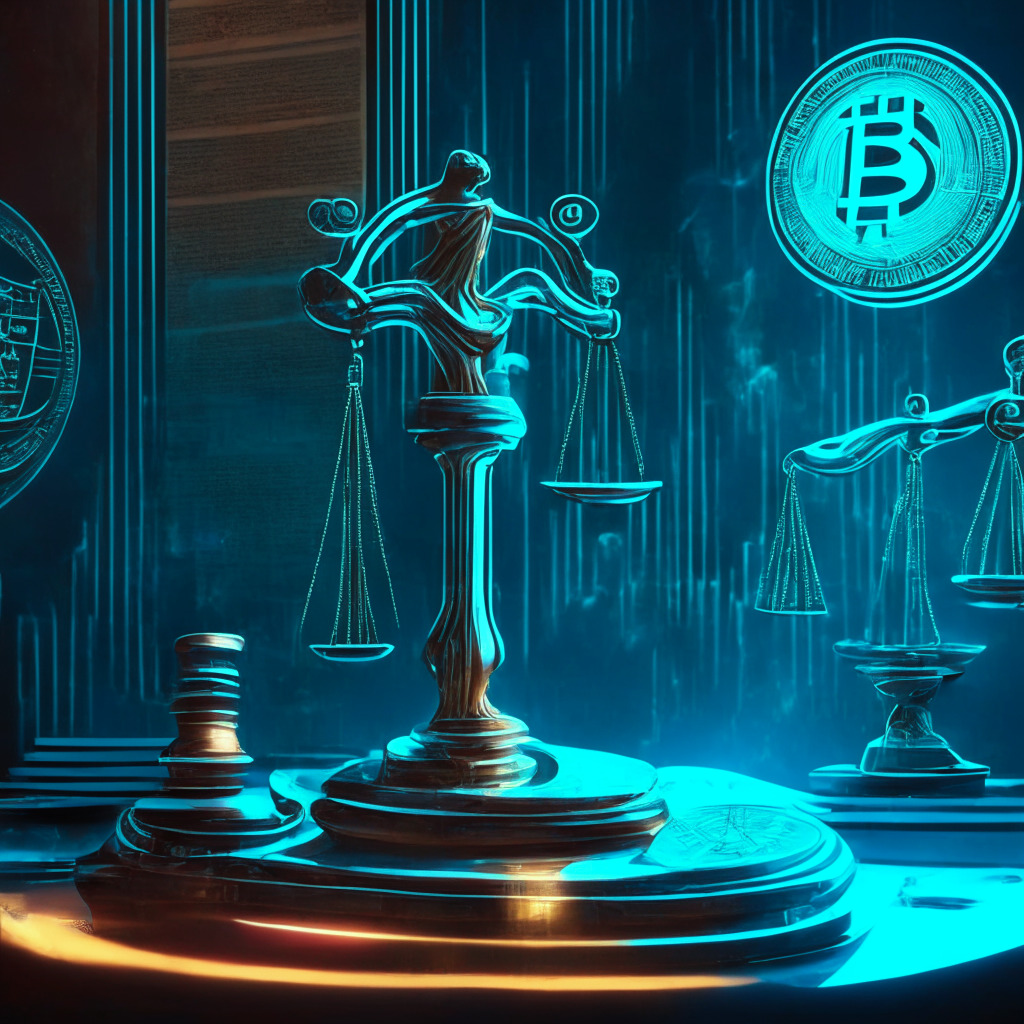A recent class action suit has been filed against the Bancor decentralized autonomous organization (DAO), its operator, BProtocol Foundation, and its founders in the United States District Court for the Western District of Texas. The plaintiffs allege that Bancor misled investors about its impermanent loss protection (ILP) mechanism for liquidity providers and operated as an unregistered security.
The topic has drawn considerable attention, as Bancor’s v2.1 investment product, which was launched in October 2020 and was the second to feature ILP, reportedly operated at a deficit that the defendants were aware of. Instead of addressing the issue, they launched a new product, v3, claiming that it offered “some of the most competitive returns anywhere … without asking users to take on any risk.” This raises concerns about the integrity and transparency of Bancor’s operations.
Impermanent loss is a concept within the decentralized finance (DeFi) automated market maker model and occurs when a liquidity provider deposits assets into a pool and one of the tokens involved loses value against another in the pool. This loss is considered impermanent because trading conditions could later restore the token’s value. However, the loss is realized once the investor withdraws the token from the pool.
On June 19, 2022, Bancor experienced a significant increase in withdrawals, leading to a temporary halt in ILP. Although investors were able to withdraw their assets, they were faced with the losses that ILP was designed to prevent. As a result, these investors reportedly suffered “losses approaching 50% of their Liquidity Provider (LP) Program investment,” which equates to tens of millions of dollars for U.S. retail investors.
While the plaintiffs argue that Bancor deceived investors about the ILP mechanism and operated as an unregistered security, it is crucial to examine potential drawbacks and benefits of the system. On one hand, the ILP mechanism was meant to protect investors from impermanent loss, and its failure to do so might signify a lack of transparency and responsibility on Bancor’s part. On the other hand, some might contend that investing in any financial product carries inherent risks, and it is up to the investor to conduct proper research and exercise caution before committing to any investment.
As this case unfolds, it will be vital to draw lessons from the situation to help improve regulation and foster trust within the DeFi space. The outcome of the suit could have significant implications for not only Bancor but also the broader technologies and markets behind DAOs and DeFi. It serves as a reminder that the rapidly evolving blockchain and cryptocurrency ecosystem is not immune to the effects of regulation, security, and investor trust.
Source: Cointelegraph




